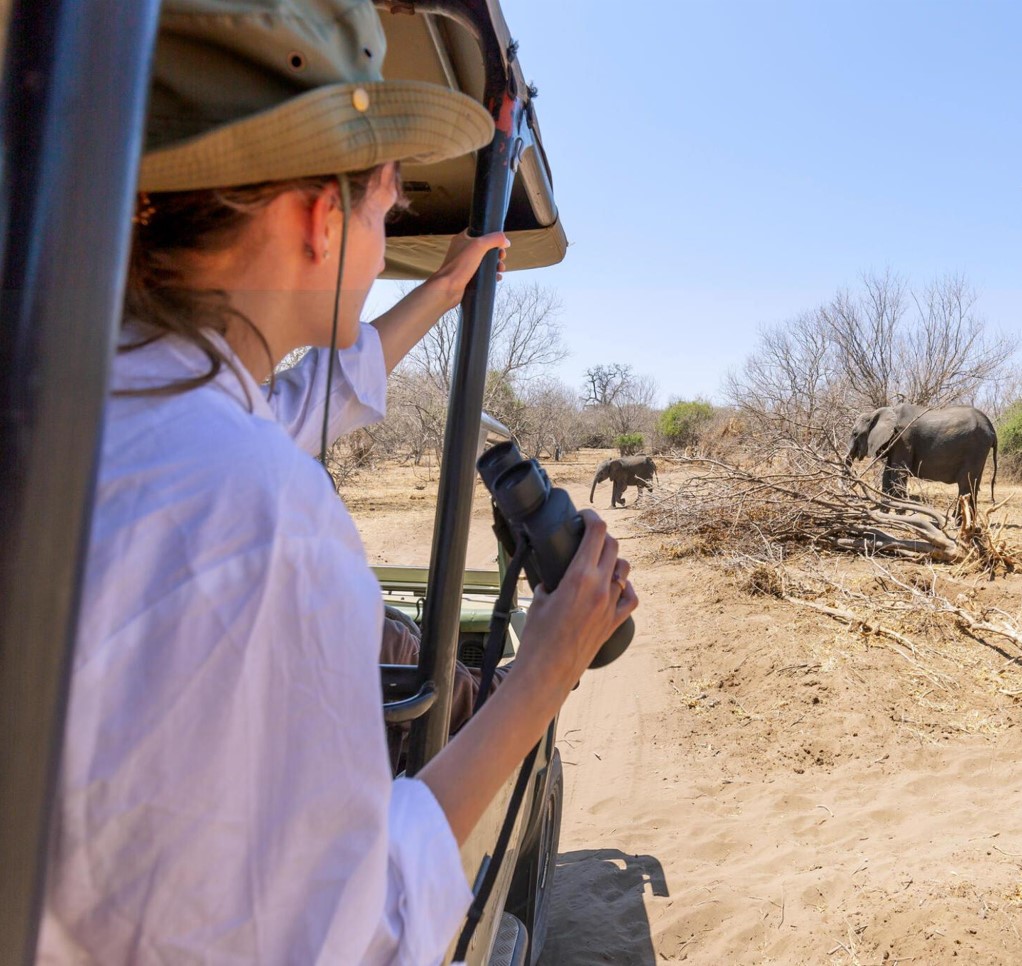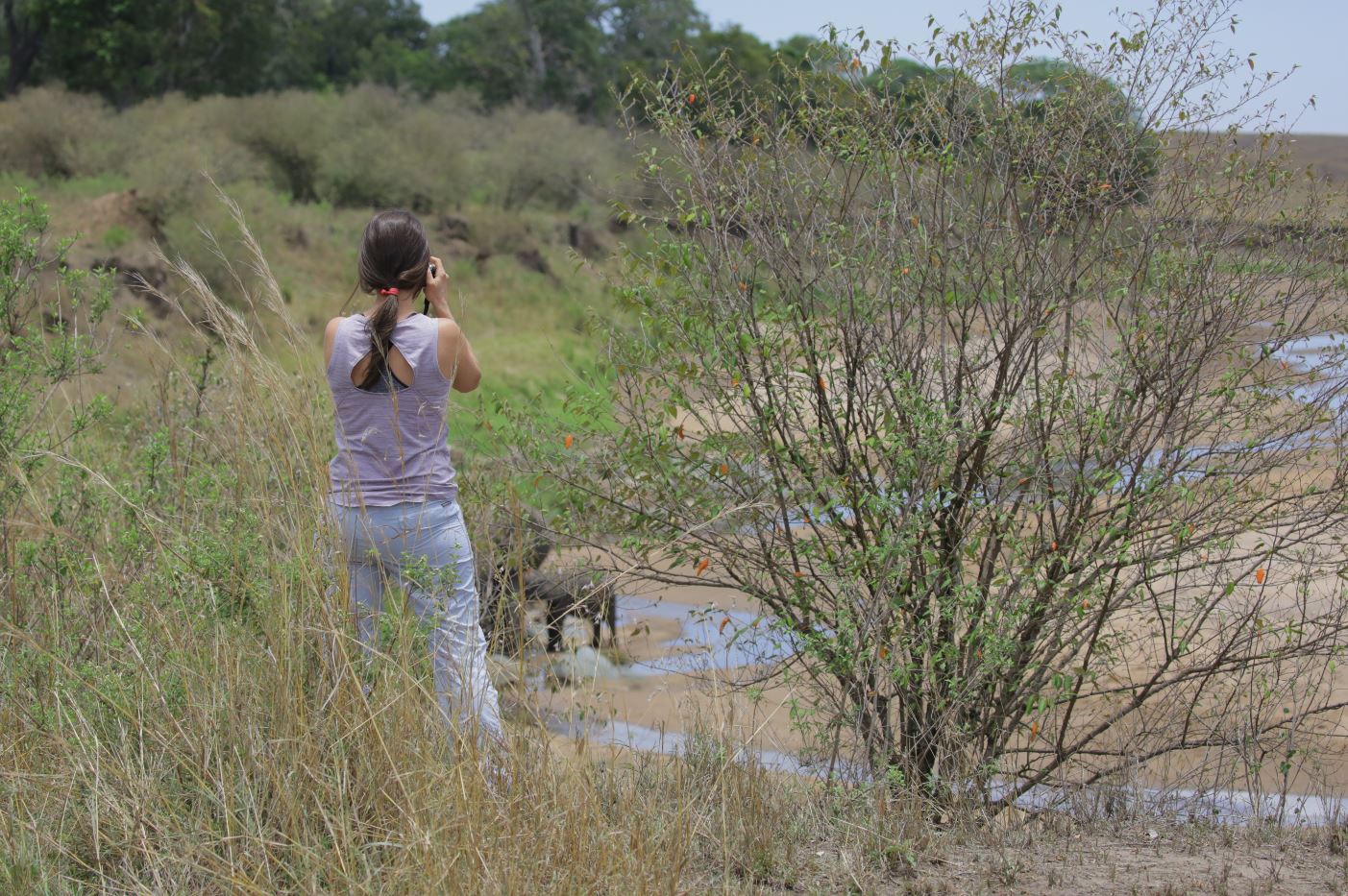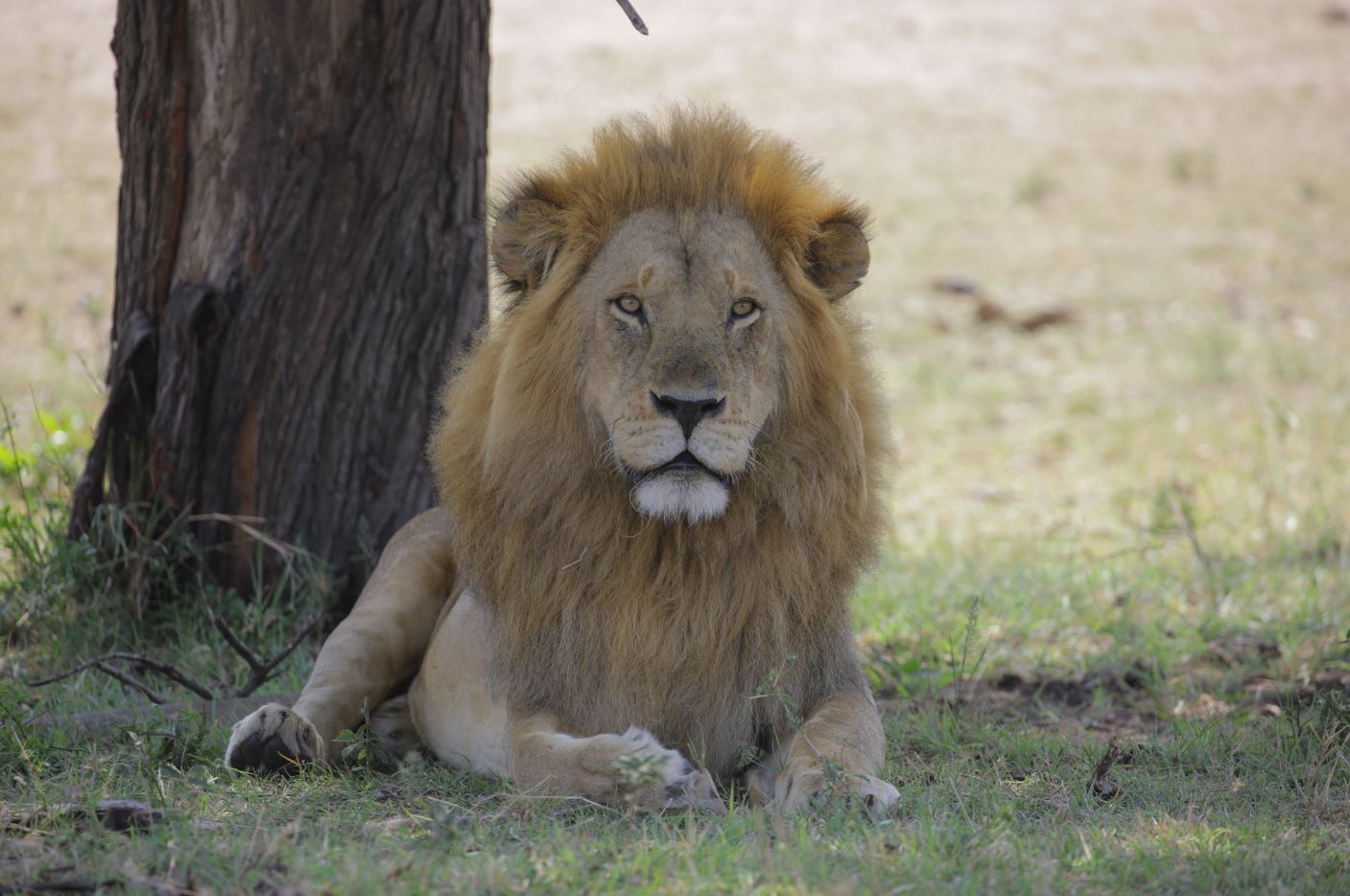
FAQ’s
Frequently Ask Questions
The best time for a safari in Tanzania is during the dry season, from June to October, when wildlife is easier to spot as animals gather around water sources. This period also coincides with the Great Migration in the Serengeti. However, Tanzania is a year-round destination, with different experiences available throughout the year.
Yes, most visitors to Tanzania require a visa. You can obtain a visa upon arrival at the airport or apply for one online before your trip. It’s advisable to check the specific visa requirements for your nationality before traveling.
It’s recommended to be up-to-date on routine vaccinations and consider additional vaccines such as yellow fever, hepatitis A and B, and typhoid. Malaria is also prevalent, so anti-malarial medication is advised. Consult with your healthcare provider for the most current recommendations.
Pack light, breathable clothing in neutral colors (like khaki and olive) to blend with the environment. Essential items include a wide-brimmed hat, sunglasses, sunscreen, insect repellent, binoculars, a camera, comfortable walking shoes, and a lightweight jacket for cooler mornings and evenings.
Yes, safaris are generally safe when you follow the guidelines provided by your guides. Our experienced guides are trained to ensure your safety and will give you important instructions to follow during game drives and walks.
Tanzania offers a range of accommodations, from luxury lodges and tented camps to budget-friendly options. Whether you prefer a lavish stay or a more rustic experience, we can tailor your accommodation to suit your preferences.
Yes, children can go on safari, but certain age restrictions may apply, especially for activities like walking safaris or hot air balloon rides. We offer family-friendly itineraries designed to keep children engaged and safe during the trip.
The cost of a safari can vary widely depending on the length of your stay, the type of accommodation, and the activities you choose. We offer a range of packages to fit different budgets, and we can customize a safari that meets your specific needs and preferences.
The Great Migration is an annual event where over a million wildebeest, along with zebras and other animals, migrate across the Serengeti in search of fresh grazing grounds. The best time to witness this phenomenon is from July to September, especially in the northern Serengeti.
Absolutely! We can create a comprehensive itinerary that includes activities like climbing Mount Kilimanjaro, relaxing on the beaches of Zanzibar, visiting cultural sites, or exploring other national parks and reserves.
While tipping is not mandatory, it is appreciated as a way to show gratitude for good service. Typical tipping amounts vary, but a general guideline is $10-20 per day for guides and $5-10 per day for camp staff.
Tanzania’s weather is generally warm, with temperatures varying depending on the region and altitude. The coastal areas are hot and humid, while the inland regions have a more temperate climate. The country has two rainy seasons: the long rains from March to May and the short rains in November and December.
Yes, travel insurance is highly recommended. It should cover medical expenses, trip cancellations, lost luggage, and any unexpected events that might occur during your trip.
Mobile phone coverage is available in many parts of Tanzania, although it may be limited in remote areas. Most lodges and camps offer Wi-Fi, though the speed and reliability may vary.
You can book a safari by contacting us directly through our website, email, or phone. Our team will assist you in planning and customizing your dream safari based on your preferences and budget.
Help me plan my next safari!
Join us at Roving Beast, where your African safari dreams come to life. Let us take you on an unforgettable journey through the wild wonders of Tanzania and beyond.


